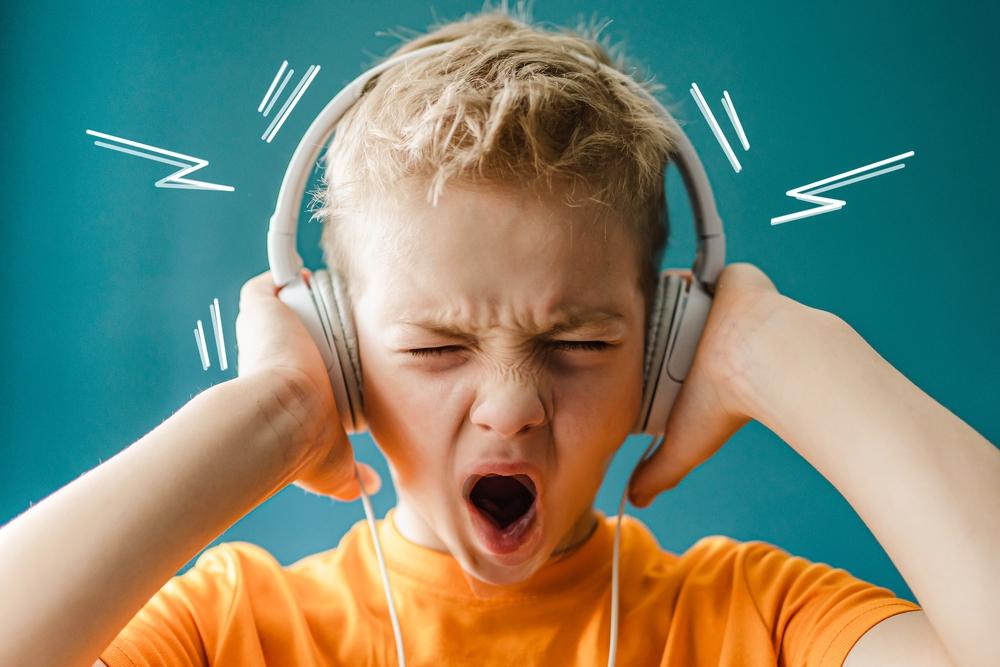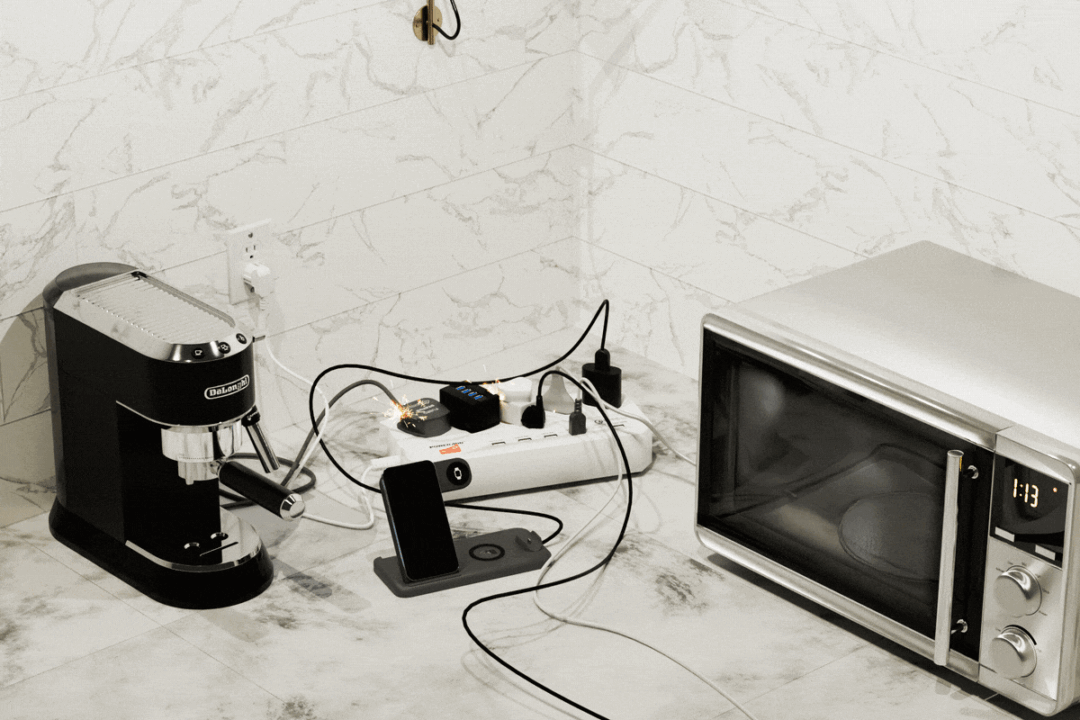The ability to hear clearly is a luxury that is often taken for granted, until we realize we can no longer hear the TV, friends and family, or certain tones.
Our ability to hear is an incredible process: the very abbreviated description of the process is that sound waves, which are vibrations in the air, are captured by the ears and then channeled into the ear canal to the eardrum, to three tiny bones, and then to hair cells to be processed by type, stimulating a flow of chemicals that create electrical signals that are carried by auditory nerves to the brain, to be instantly translated into recognizable sounds.






